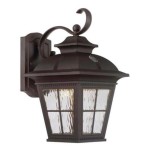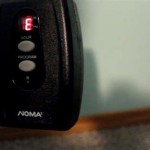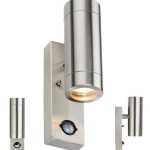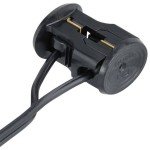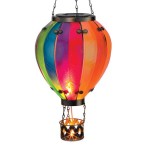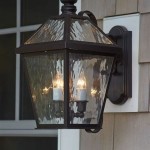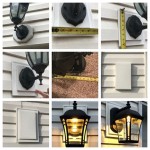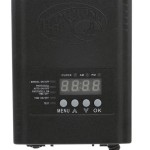What's the Best Outdoor Projector?
With the increasing popularity of outdoor entertainment, choosing the best outdoor projector is crucial for an immersive and enjoyable experience. Whether you're planning movie nights under the stars or captivating presentations, consider these essential aspects to make an informed decision:
1. Brightness and Contrast Ratio
Brightness is measured in lumens, and higher lumens indicate a brighter projection. For outdoor use, a minimum of 2000 lumens is recommended to overcome ambient light and ensure a clear and vivid image. Contrast ratio determines the difference between the darkest and brightest areas, providing depth and clarity. A higher contrast ratio enhances image quality and sharpness.
2. Resolution and Image Quality
Projectors offer various resolutions, including HD (1280x720), Full HD (1920x1080), and 4K (3840x2160). A higher resolution translates to sharper and more detailed images. For outdoor use, Full HD or 4K resolution is recommended for an optimal viewing experience.
3. Connectivity and Compatibility
Ensure the projector has versatile connectivity options to connect to multiple devices such as laptops, smartphones, or streaming sticks. Consider inputs like HDMI, USB, and Bluetooth for seamless integration. Additionally, check for compatibility with your preferred streaming platforms and video formats.
4. Portability and Weather Resistance
If portability is a priority, look for compact and lightweight projectors that are easy to transport. For outdoor use, weather resistance is essential to protect the projector from moisture, dust, and extreme temperatures. Choose a projector with an IP rating (Ingress Protection) to indicate its level of protection against water and dust.
5. Audio Quality
Built-in speakers in projectors often have limited sound quality. For an enhanced audio experience, consider connecting external speakers or soundbars. Look for projectors with Bluetooth connectivity to pair wirelessly with audio devices.
6. Throw Distance and Screen Size
Throw distance refers to the distance between the projector and the projection surface. Larger throw distances allow for bigger screen sizes, while shorter throw distances can be beneficial for smaller spaces. Calculate the appropriate throw distance based on your available space and desired screen size.
7. Additional Features
Keystone correction allows for adjustments to the projected image to compensate for uneven surfaces. Wireless connectivity features like Wi-Fi and Bluetooth enable seamless streaming and device management. Some projectors may also offer smart TV capabilities, providing access to streaming apps and content.

The Best Outdoor Projectors In 2024 Popular Science

The Best Outdoor Projectors In 2024 Popular Science

The Best Projectors For 2024 Reviews By Wirecutter

Best Outdoor Projector For 2024 Tested By Our Experts Cnet

Best Outdoor Projectors 2024 Plan A Fun Night Outside Mashable

Best Outdoor Projectors Backyard S On A Budget Projector Reviews

8 Best Outdoor Projectors Of 2024 Tested By Experts

The Best Outdoor Projectors Of 2024 Zdnet

The 3 Best Outdoor Projector Screens Of 2024 Reviews By Wirecutter

5 Best Outdoor Projectors And Projector Screens This Year
Related Posts
